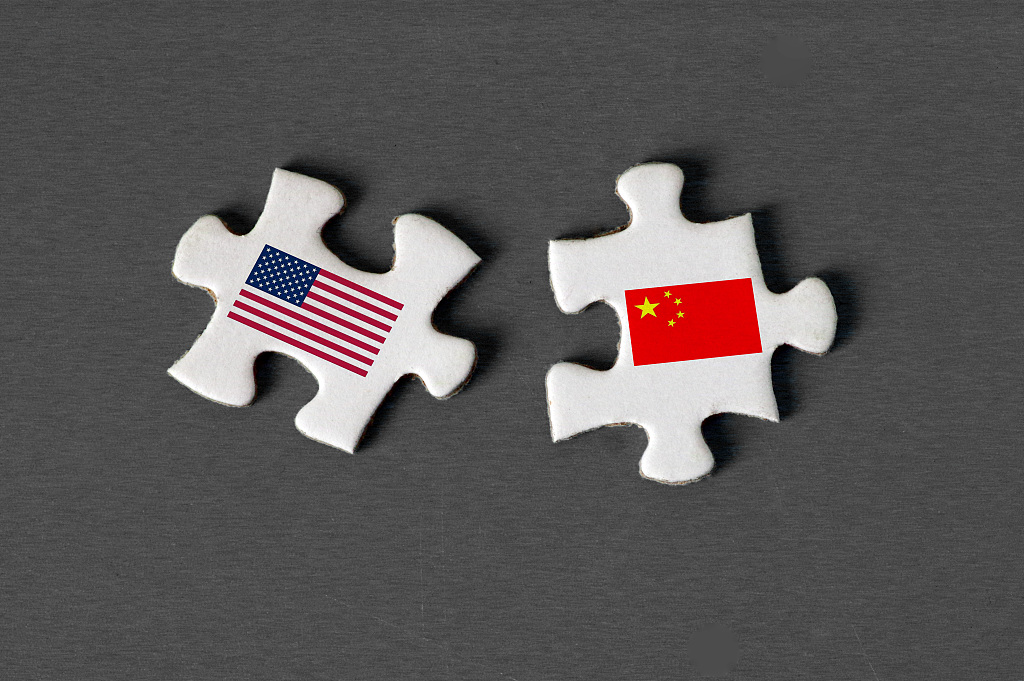US retailers on Friday decried the increased tariffs on Chinese goods, repeating the warning that additional levies won't help solve the trade dispute and instead hurt US consumers and the economy.

(File photo: VCG)
The Trump administration on Friday hastened to announce that the planned tariffs on $300 billion in Chinese goods will be increased after Beijing decided to fight back with countermeasures on US imports.
Questioning the effect of more tariffs, the Washington-based National Retail Federation (NRF) complained the current trade environment has hindered the businesses' capability to plan for the future.
"The administration's approach clearly isn't working, and the answer isn't more taxes on American businesses and consumers. Where does this end?" said David French, Senior Vice President for Government Relations of the NRF, in a statement.
The latest round of tit-for-tat tariffs rattled Wall Street Friday with the Dow Jones average closing down 623 points.
The NFR, claiming to be the world's biggest retail trade association, had made a similar call on August 1 when the White House decided to impose new tariffs on Chinese goods from September 1.
"The tariffs imposed over the past year haven't worked…We urge the administration to bring our allies to the table and find new tools beyond tariffs to achieve better trade relations," said the association.
The cost of raising tariffs on Chinese goods will inevitably be passed on to the US consumers, despite various ways of calculating the possible impact.
The non-partisan Congressional Budget Office said the average US household's income is expected to drop by $580 by 2020 due to the tariffs imposed by the Trump administration amid the ongoing trade disputes with countries around the world.
Days before the tariff hike, JP Morgan estimated American families will pay $1,000 per year if the Trump administration goes ahead with the planned tariffs next month. The cost will climb to $1,500 if a 25 percent tariff is in place, researchers said.
Unlike US farmers who are receiving financial help from the federal government, "there is no simple way to compensate the consumer," said the investment bank's analyst.
Earlier Friday, President Trump tweeted he "hereby ordered" US companies to explore ways to do business outside China.
Apart from calling the current approach a "disaster" for American consumers, businesses and the economy, Rick Helfenbein, president and CEO of the American Apparel and Footwear Association (AAFA), said the president underestimated the difficulty of seeking alternatives to replace China.
Apparel and footwear from China will be subject to the imminent tariffs, while 40 percent of all clothing and 70 percent of shoes sold in the US are made in China, according to AAFA.
"He does't understand that moving a supply chain is incredibly complicated and expensive. It takes years to build relationships that meet compliance standards and deliver quality products, yet we have been given weeks and in this case days," Rick wrote in a response released Friday.


